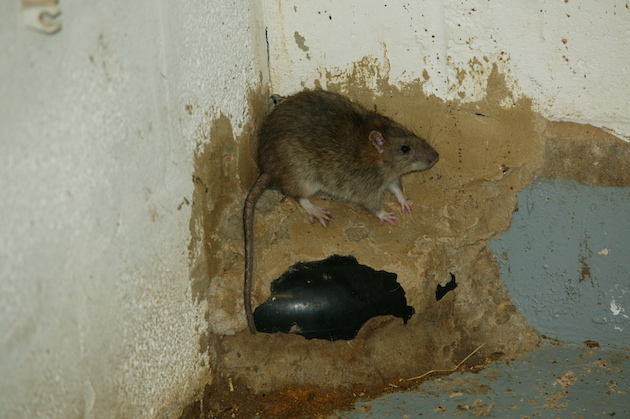Why you shouldn’t let your dog drink from puddles
Q: I have often found my dog drinking from puddles. Is this source of water for dogs safe? Are there…
 A big fucking rat that ran up my leg
Usd 8 may 13 nws 4Usd 9 oct 13 nws 6Usd 13 nov 13 nws 4Usd 25 dec 13 nws rev
A big fucking rat that ran up my leg
Usd 8 may 13 nws 4Usd 9 oct 13 nws 6Usd 13 nov 13 nws 4Usd 25 dec 13 nws rev
Rats are known to spread disease so what should you do when your dog gets bitten by a rat? A reader is concerned.

Squirrels can also give dogs a nasty bite that needs treating
Q: There are a few rats around our stables and we are concerned that our Jack Russell could get bitten. All his jabs are up to date, but what should we do if the dog gets a rat bite?
A: Rats or wounded ground game and grey squirrels can inflict quite nasty bites. When they bite, these small animals typically inflict puncture wounds. The skin wound is usually small, but it leads into a long, narrow track of damaged tissue penetrating deep beneath the overlying skin.
These wounds can be extremely painful, so you would usually know if your dog got bitten, even if you didn’t witness the incident. When the dog is in pain, you need to take care not to be inadvertently bitten by him when you are trying to find the injury.
Q: I have often found my dog drinking from puddles. Is this source of water for dogs safe? Are there…
It was about 4am with rain falling hard from the London sky and people spilling out of nightclubs on to…
Puncture wounds commonly become infected because bacteria in the rat’s mouth will be carried in on its teeth, deep into the wound. The skin wound often heals quite rapidly, leaving this infection trapped in the underlying tissues, where an abscess can form.
Clean the bitten area — if the dog will let you — with a suitable antiseptic. Dress the wound using no more than an absorbent gauze pad and adhesive tape. These wounds are best left open and encouraged to bleed. This enables the body’s inherent defence mechanisms to access the area, dissipate any toxins and start to overcome infection. Then, as soon as you are able, take your dog to a vet who can assess whether or not the situation justifies a course of antibiotics.
The vet may also review the dog’s vaccination status, because rats transmit one form of leptospirosis. Though this is not transmitted by a rat bite, if a dog has been bitten, the chances are it came in contact with infected rat urine. Leptospirosis is included as part of routine vaccination, so you should be reassured if his vaccinations are up to date.
Get the latest news delivered direct to your door
Discover the ultimate companion for field sports enthusiasts with Shooting Times & Country Magazine, the UK’s leading weekly publication that has been at the forefront of shooting culture since 1882. Subscribers gain access to expert tips, comprehensive gear reviews, seasonal advice and a vibrant community of like-minded shooters.
Save on shop price when you subscribe with weekly issues featuring in-depth articles on gundog training, exclusive member offers and access to the digital back issue library. A Shooting Times & Country subscription is more than a magazine, don’t just read about the countryside; immerse yourself in its most authoritative and engaging publication.

